Addiction Treatment in Westlake Village
Treatment for Substance Use Disorders Near LA
Substance use disorders affect millions of people, but recovery is possible with the right treatment. Our outpatient rehab in Westlake Village provides flexible, structured care that allows individuals to receive therapy, medical support, and counseling while continuing to work or attend school. We utilize a combination of behavioral therapies, medication-assisted treatment (MAT), and holistic approaches to address the physical, emotional, and psychological aspects of addiction.
What We Treat
Alcohol
Opioids
Cocaine
Meth
Fentanyl
Prescription Drugs
Heroin
Benzodiazepines (Benzos)
Dual Diagnosis Treatment in Westlake Village
Treating co-occurring disorders together leads to better outcomes than addressing them separately. This is because it:
- Addresses the root cause of addiction
- Reduces relapse risk
- Improves overall well-being
- Provides comprehensive care
Mental Health Treatment in Westlake Village
Through our dual diagnosis program we can help address and treat the following mental health disorders:
Anxiety Disorders
Anxiety disorders involve excessive fear, worry, or nervousness that interferes with daily life. Symptoms may include racing thoughts, panic attacks, restlessness, difficulty concentrating, and physical effects like rapid heartbeat or sweating. Conditions like generalized anxiety disorder (GAD), social anxiety, and panic disorder can lead individuals to self-medicate with alcohol, benzodiazepines, or other substances to manage distress. Effective treatment includes cognitive-behavioral therapy (CBT), mindfulness techniques, and sometimes medication to help regulate emotions and reduce reliance on unhealthy coping mechanisms.
Depression (Major Depressive Disorder)
Depression is more than just sadness—it’s a persistent feeling of hopelessness, fatigue, loss of interest in activities, and changes in sleep or appetite. Severe cases may include suicidal thoughts or an inability to function at work or in relationships. Many people with depression turn to alcohol, opioids, or stimulants to numb emotional pain, which can worsen symptoms over time. Treatment often combines antidepressants, psychotherapy, such as CBT or interpersonal therapy, and lifestyle changes to restore balance and motivation.
Post-Traumatic Stress Disorder (PTSD)
PTSD develops after exposure to a traumatic event, such as combat, assault, or a life-threatening accident. Symptoms include flashbacks, nightmares, hypervigilance, emotional numbness, and avoidance of triggers. Many individuals with PTSD use drugs or alcohol to escape distressing memories, leading to addiction. Trauma-focused therapies like EMDR (Eye Movement Desensitization and Reprocessing) and prolonged exposure therapy help process trauma, while somatic therapy and support groups aid in healing the mind-body connection.
Bipolar Disorder
Bipolar disorder involves extreme mood swings between mania, which is characterized by elevated energy, impulsivity, risk-taking, and depression. During manic phases, individuals may engage in reckless substance use, while depressive episodes can lead to self-medication with sedatives or stimulants. Treatment typically includes mood stabilizers, psychotherapy, and structured routines to manage cycles and prevent relapse.
Obsessive-Compulsive Disorder (OCD)
OCD is characterized by intrusive, unwanted thoughts and repetitive behaviors performed to relieve anxiety. The constant mental strain can lead some to abuse alcohol, benzos, or stimulants to quiet their thoughts. Treatment often involves exposure and response prevention (ERP) therapy, SSRIs (antidepressants), and mindfulness practices to break compulsive cycles.
Attention-Deficit/Hyperactivity Disorder (ADHD)
ADHD involves difficulty focusing, impulsivity, and hyperactivity, which can disrupt work, school, and relationships. Many with untreated ADHD turn to stimulants such as cocaine or meth, to self-medicate. Others might misuse prescription ADHD medications such as Adderall or Ritalin. Effective management includes stimulant/non-stimulant medications, behavioral therapy, and organizational skill-building to improve functioning without substance reliance.

